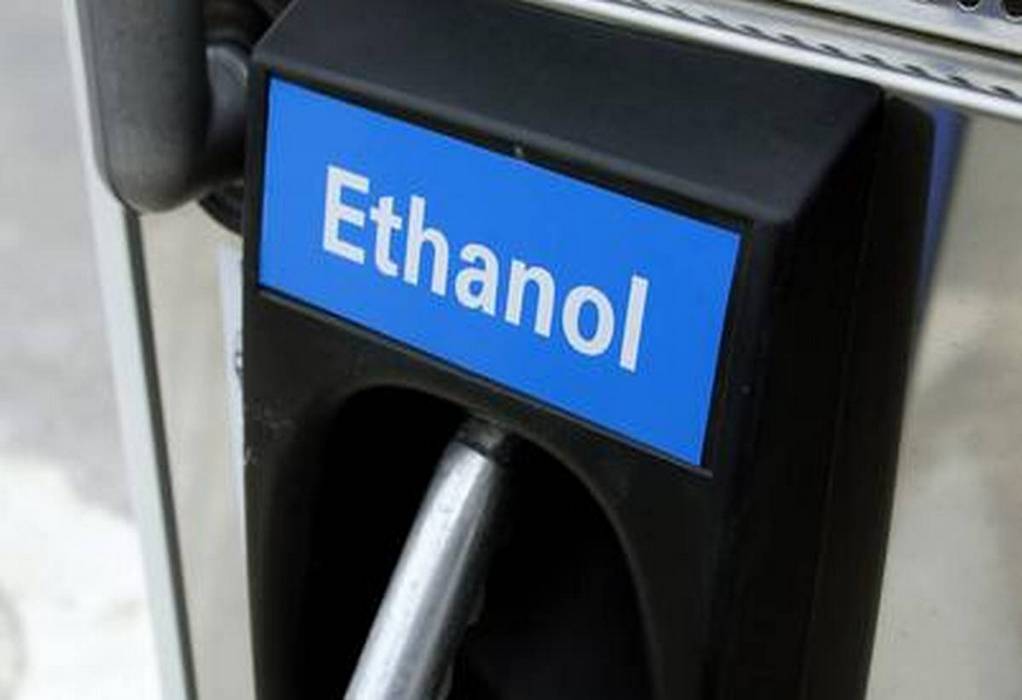Ethanol blending in petrol has risen to 8.1% in the year 2020-21, up from 5% in the previous year and 1.5% in 2013-14, thanks to a raft of policy measures that helped increase supply through a combination of assured purchases at government-set remunerative prices and interest subsidy for production capacity expansion.
The government has been aiming to increase the share of biofuels in the transportation sector to cut dependence on oil imports, which account for 85% of the domestic needs. Petrol makes up 15% of oil consumption in the country and a 10% substitution by ethanol could bring down oil imports by 1.5 percentage points.
As more supplies become available, the blending ratio is expected to reach 10% this ethanol year, which began last month. “Limited supply was the biggest constraint. The government has addressed this by providing a supportive policy regime,” said Abinash Verma, DG, Indian Sugar Mills Association
Tags: Biofuels, Ethanol, Petrol



Recent Posts
Port of Brisbane Unveils Vision 2060 to Drive Smarter, Cleaner, and More Connected Future
Wärtsilä to Deliver Hybrid Propulsion Systems for Vertom Group’s New Low-Emission Vessels
Latvian port receives electric Konecranes Gottwald Mobile Harbor Crane
Sustainable Ocean Economy Vital for Human Development, Says UNDP at UN Ocean Conference
Green Hydrogen Costs in India Could Drop by 40%, Says IEEFA-JMK Report
Cavotec Secures €1.55 Million Shore Power Contract for Port of Antwerp-Bruges
APM Terminals and SANY Marine sign landmark agreement to accelerate decarbonisation
The Port of Gothenburg takes big step towards shore power connection for container and car/RoRo vessels